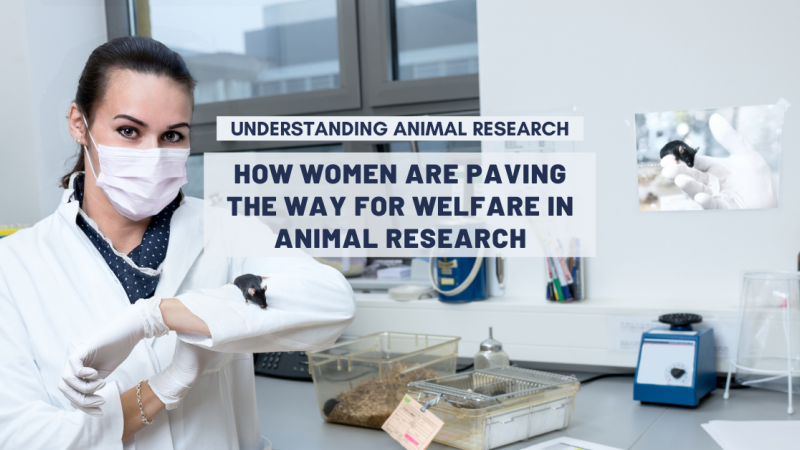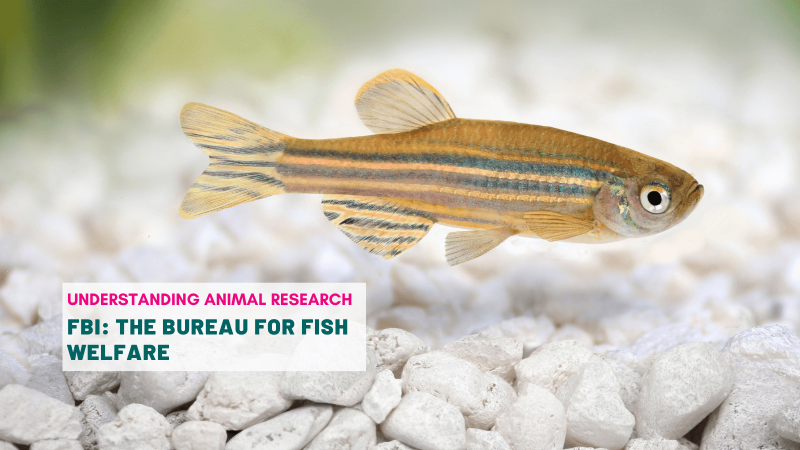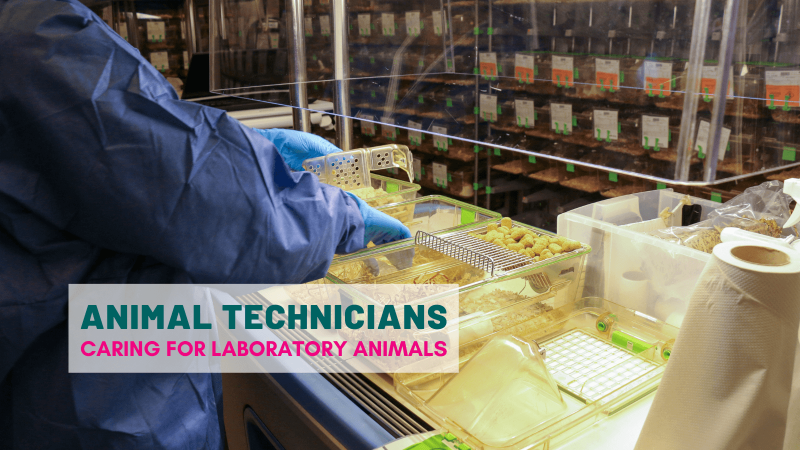Text to go here...
'The question is not can they reason nor can they talk, but rather can they suffer?' Jeremy Bentham
In his blog, Richard Dawkins makes a thoughtful case for not assuming there is any relationship between feeling pain and the complexity of an organisms nervous system. In his words,
'Would you expect a positive or a negative correlation between mental ability and ability to feel pain? Most people unthinkingly assume a positive correlation, but why?'
Dawkins then argues there is no reason to assume the correlation is positive and makes a case why it might even be the reverse. I accept the main point of his argument, and that we must give animals the benefit of the doubt, but he did not consider the role of anticipation which for this organism makes even the pin-prick from an injection a source of considerable discomfort.
I can accept an earthworm feels pain but not that it could ever anticipate. With mammals however, anticipation may be a factor.
Even accepting other organisms feel pain I cannot accept a moral equivalance to ill-treatments meted out to animals with those meted out to people, although I do agree that the practices Dawkins lists in his final paragraph are - to varying degrees - repugnant.
'At very least, I conclude that we have no general reason to think that non-human animals feel pain less acutely than we do, and we should in any case give them the benefit of the doubt. Practices such as branding cattle, castration without anaesthetic, and bullfighting should be treated as morally equivalent to doing the same thing to human beings.'
Read Richard Dawkins on vivisection and many comments here: "But can they suffer?"
Last edited: 11 January 2022 13:23



